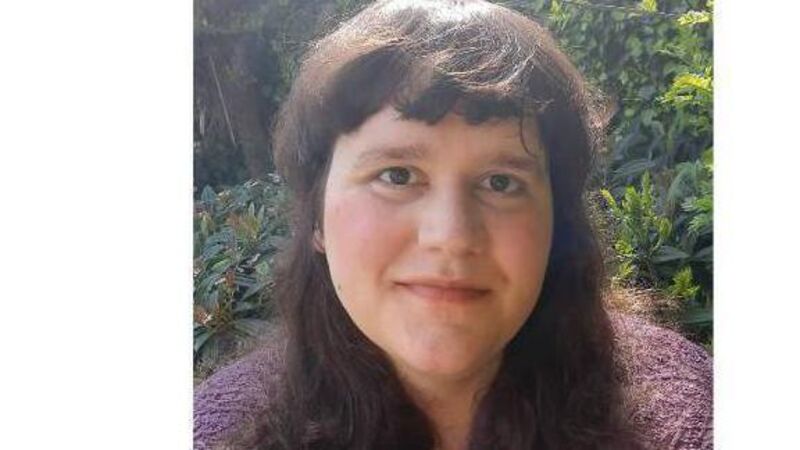Soula Emmanuel: 'The environment for trans people is a strange one right now'

Soula Emmanuel, writer.
For Soula Emmanuel, a covid writing project that started as a way to ‘escape’ during lockdown became a story of transition and change that she hopes resonates with all readers.
Emmanuel, 32, is a Greek-Irish trans woman living on the east coast of Ireland. She published her first novel, Wild Geese, in March and it follows a trans woman named Phoebe living in Copenhagen who receives an unexpected visitor from home. Having started her own transition journey five years ago, Emmanuel says the writing and publishing process feels almost as vulnerable.




